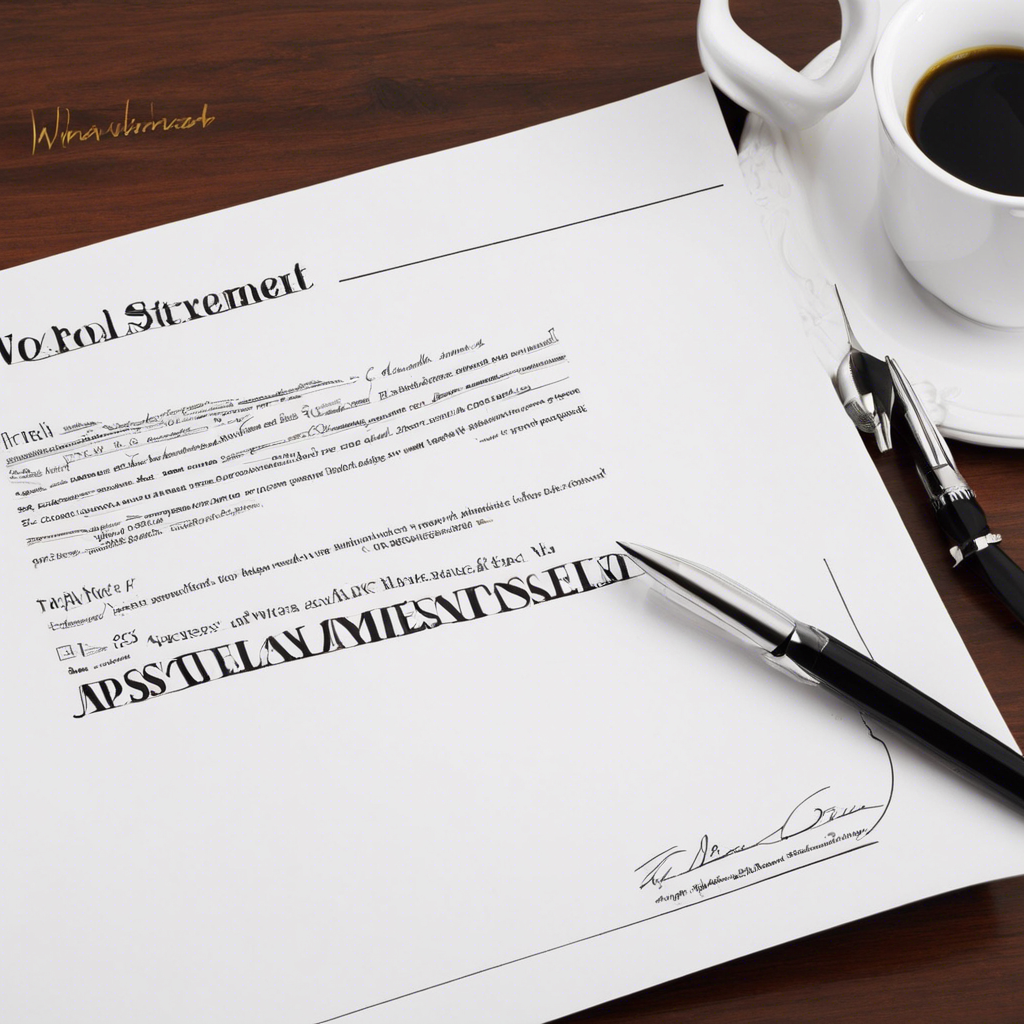Writing a personal statement for job applications is a critical step in standing out from the crowd of candidates and showcasing your unique value. It’s your opportunity to explain why you’re the ideal person for the role and give a compelling snapshot of your skills and experiences. So, how do you craft a personal statement that effectively highlights your strengths and resonates with potential employers?
Firstly, it’s essential to understand the purpose of a personal statement. Unlike a simple resume or CV, this document allows you to provide context and a narrative to your professional story. It should demonstrate your passion and enthusiasm for the field and explain how your background makes you a strong fit for the position. Begin by reflecting on your professional journey. Consider the key achievements, projects, or moments that shaped your career path and made you who you are today. Highlight these experiences and explain how they influenced your career choices and aspirations. For instance, if you’re applying for a marketing role, you might discuss a successful social media campaign you initiated that increased brand engagement, and how this experience ignited your passion for innovative marketing strategies. Remember, the goal is to showcase your relevant skills and experiences while also providing a glimpse into your personality and what makes you tick as a professional.
**Personalize your statement to the job**: Tailor your narrative to the specific job and company you’re applying to. Research the organization and the role thoroughly, and align your experiences with their mission and values. For example, if the company emphasizes innovation and risk-taking, share instances where you demonstrated these qualities. This shows that you have not only the required skills but also a genuine interest in the company’s culture and goals.
When drafting your personal statement, use a clear and concise writing style. Start with an engaging opening paragraph that draws the reader in. Then, proceed to describe your professional background, focusing on the most relevant and impressive experiences. Use specific examples to illustrate your skills and quantify your achievements whenever possible. For instance, instead of simply stating that you increased sales, mention that you “implemented a new sales strategy that resulted in a 20% increase in quarterly revenue.” This provides concrete evidence of your capabilities. End your personal statement with a strong conclusion that reiterates your enthusiasm for the role and highlights the value you’ll bring to the company. Keep the language positive and confident, leaving the hiring manager with a powerful impression of your suitability for the job.
